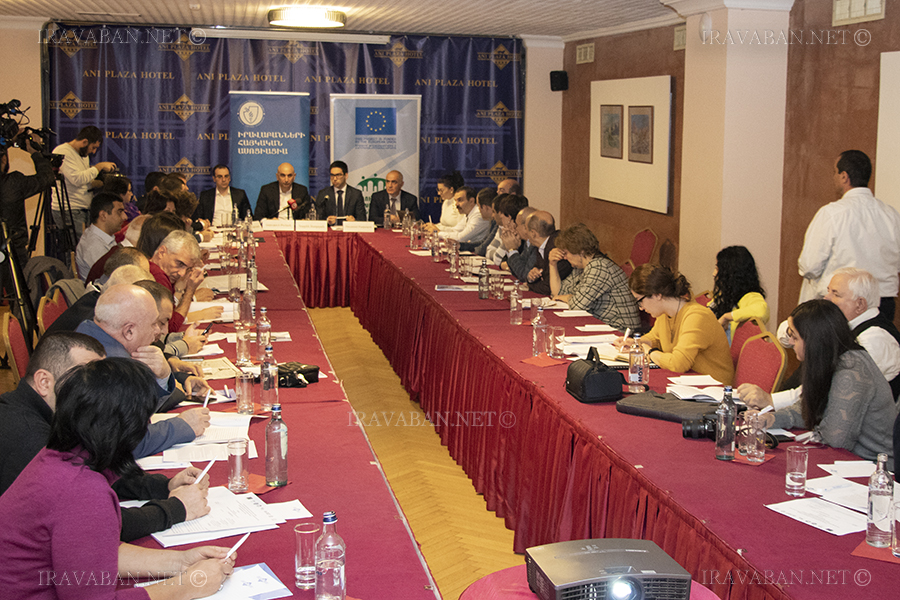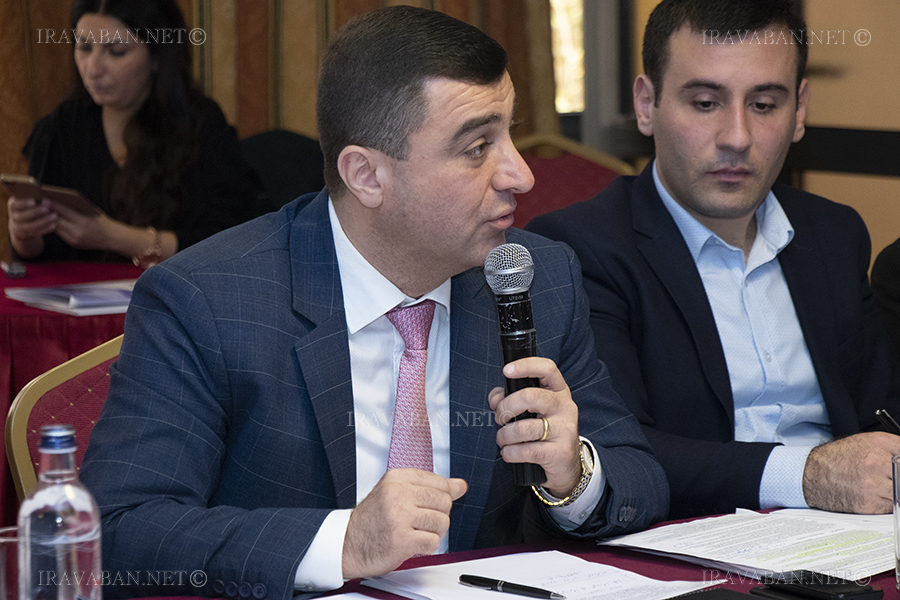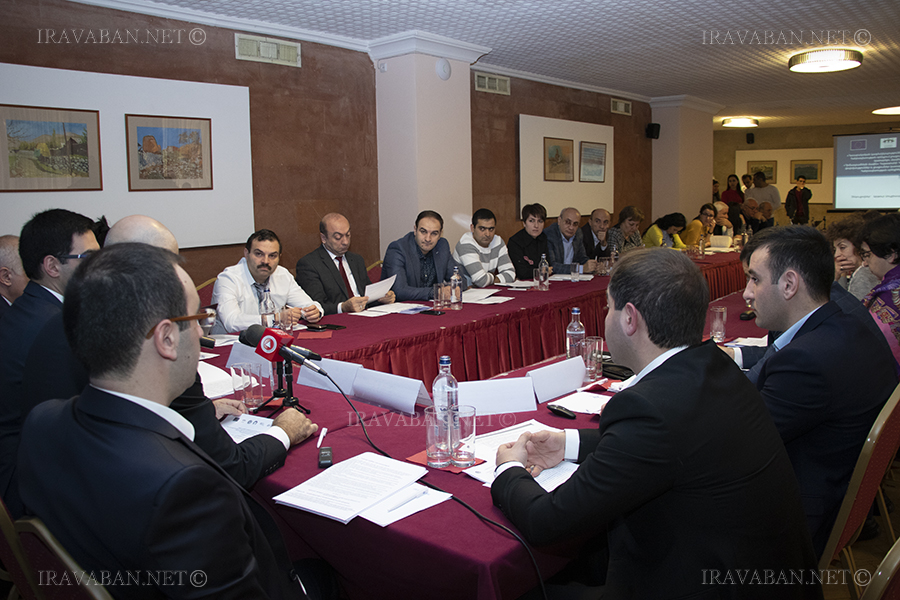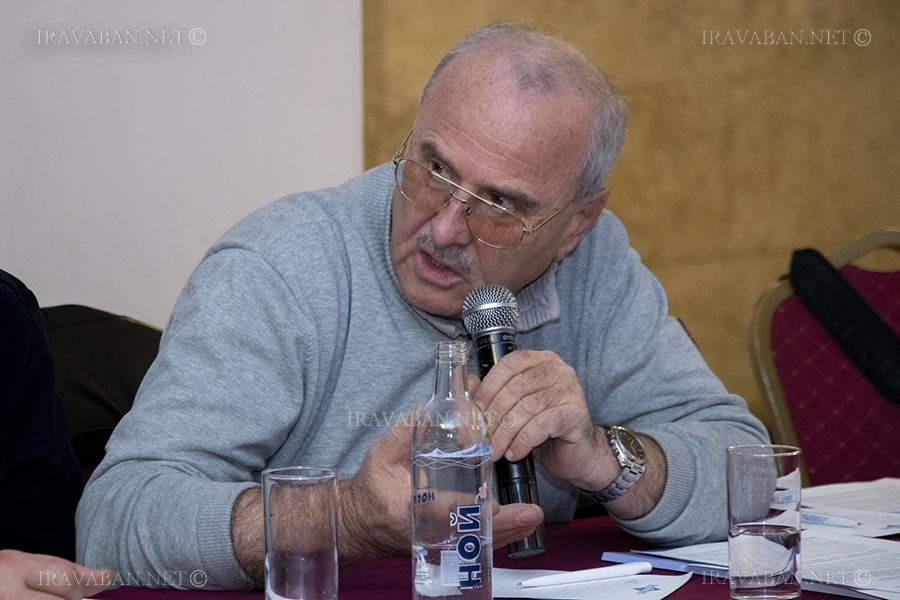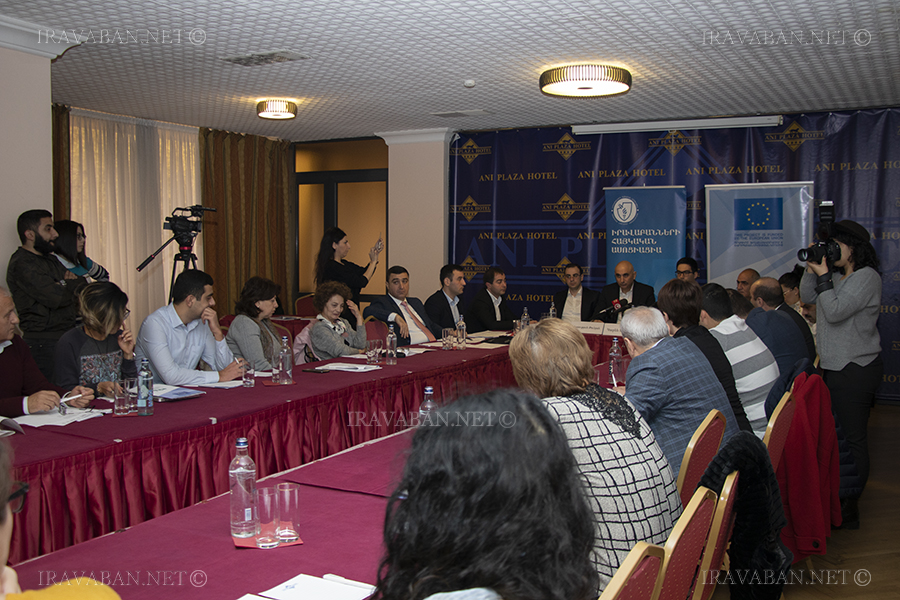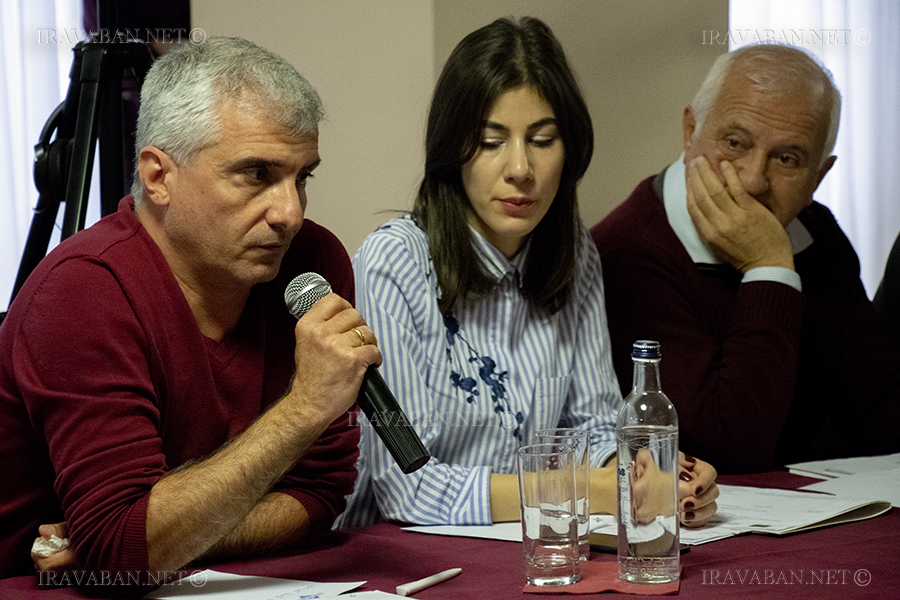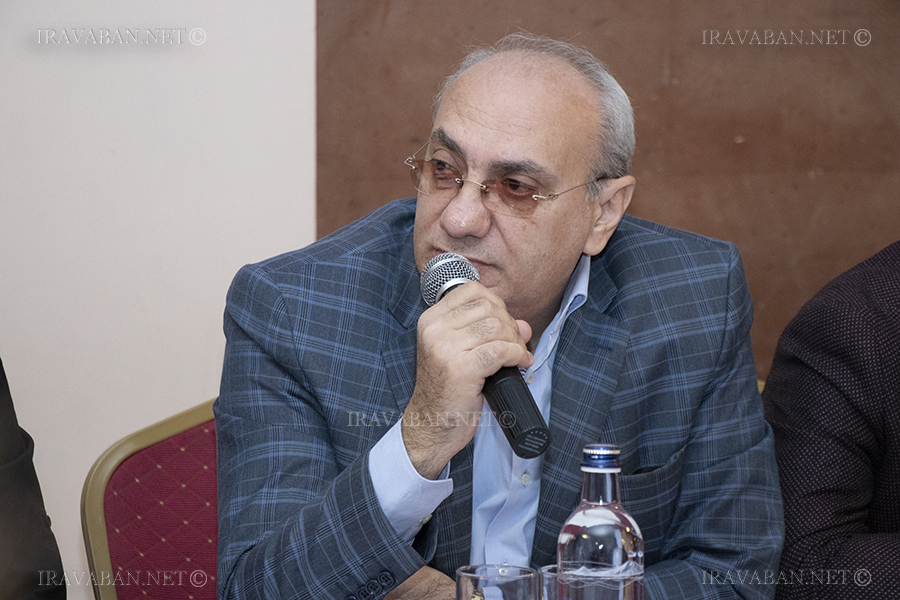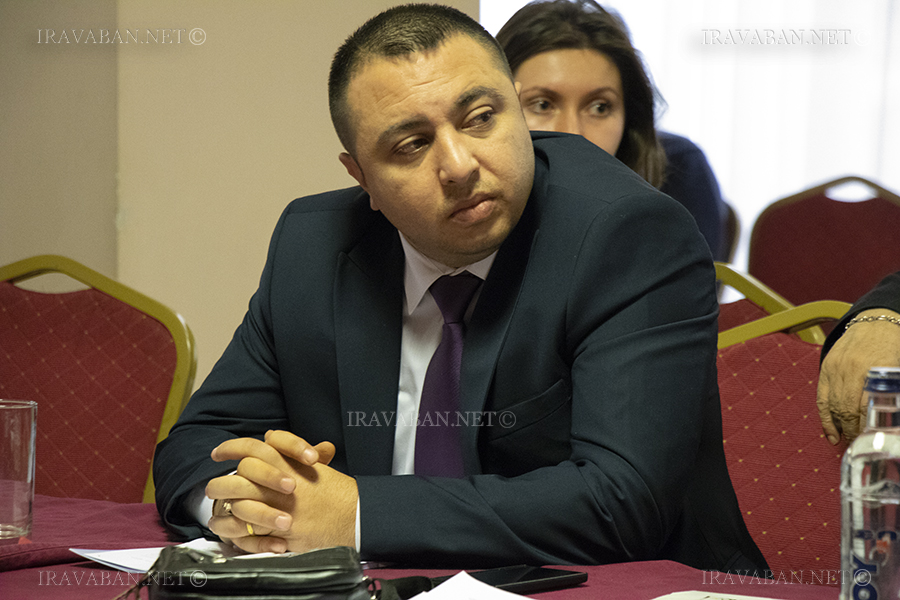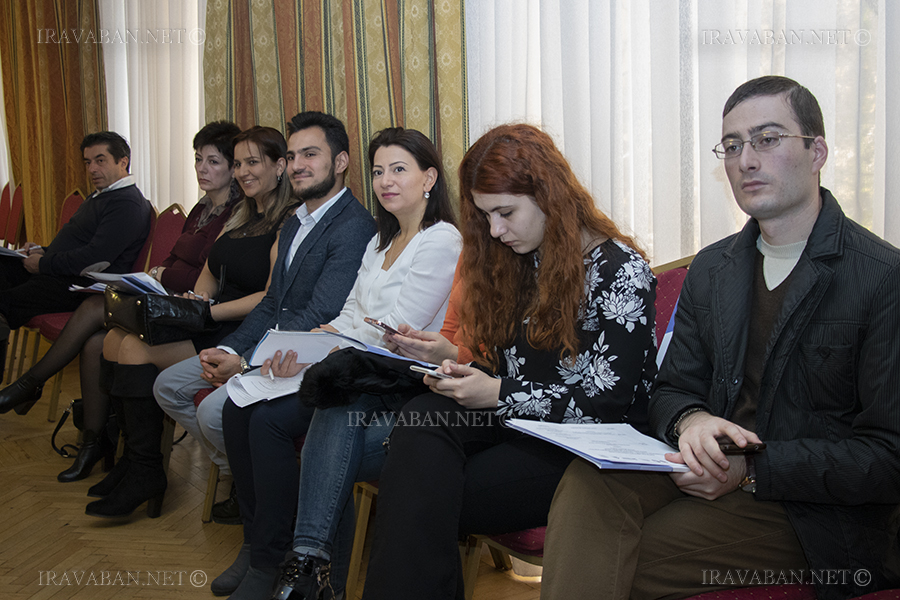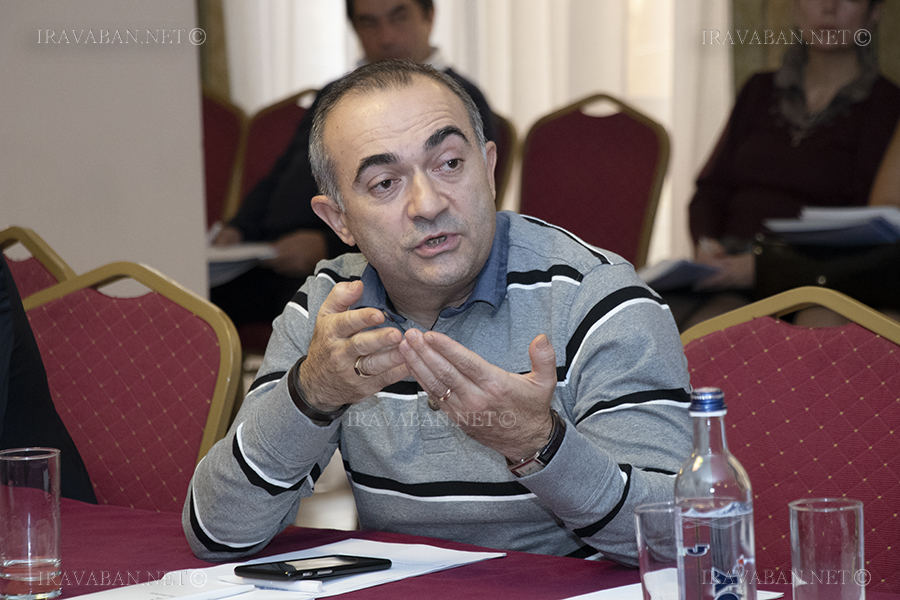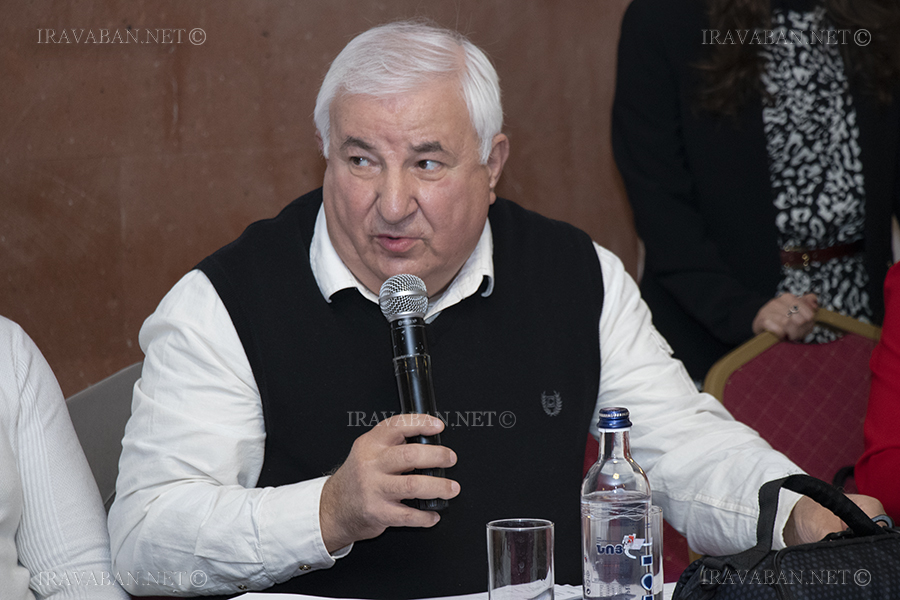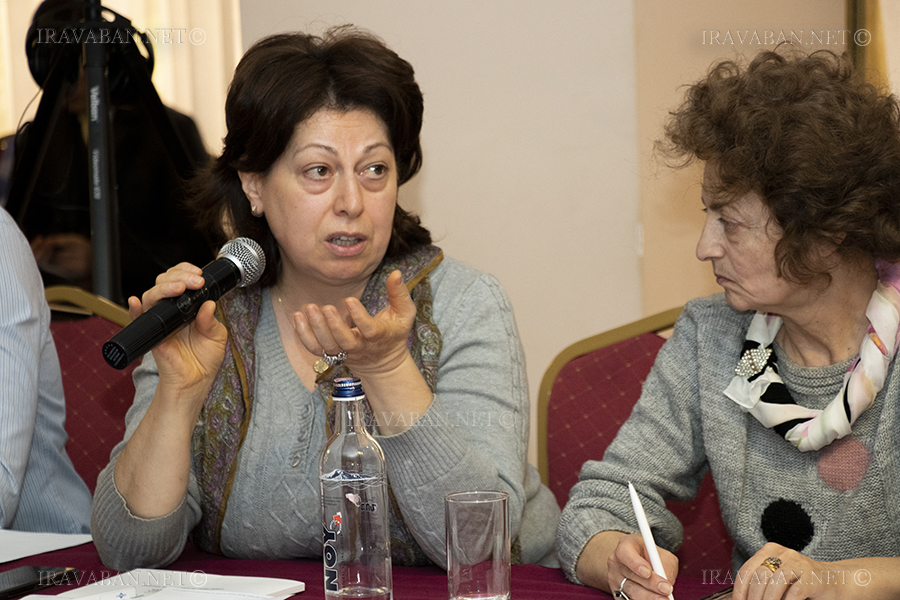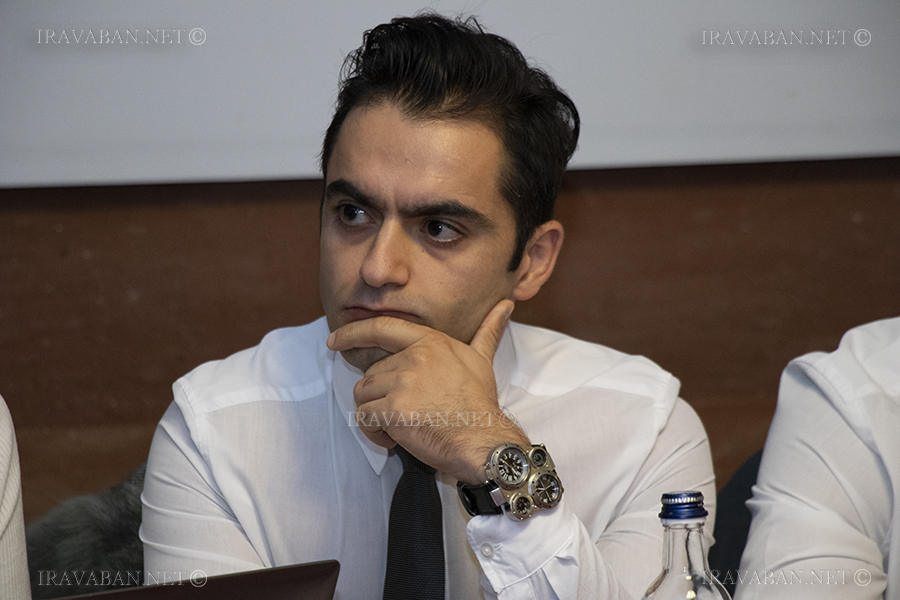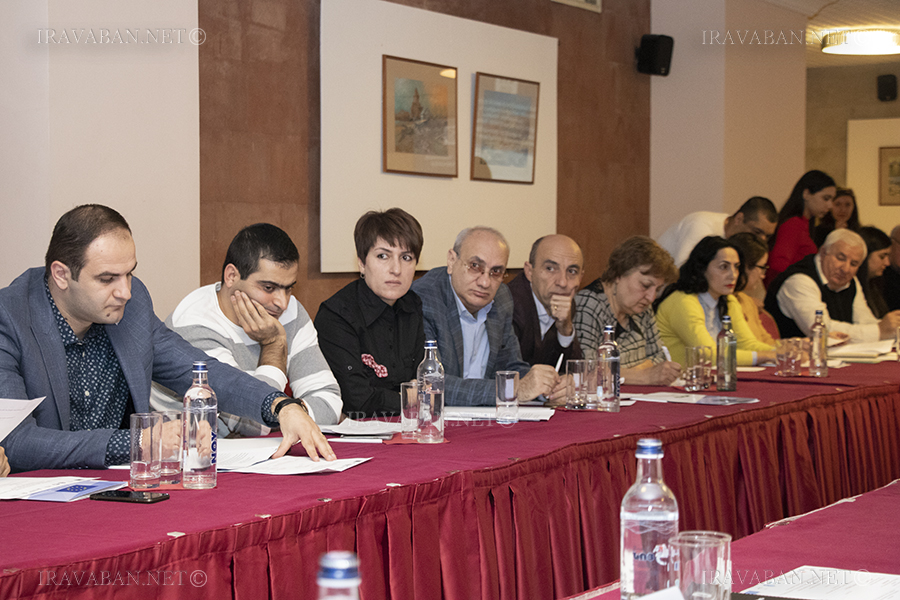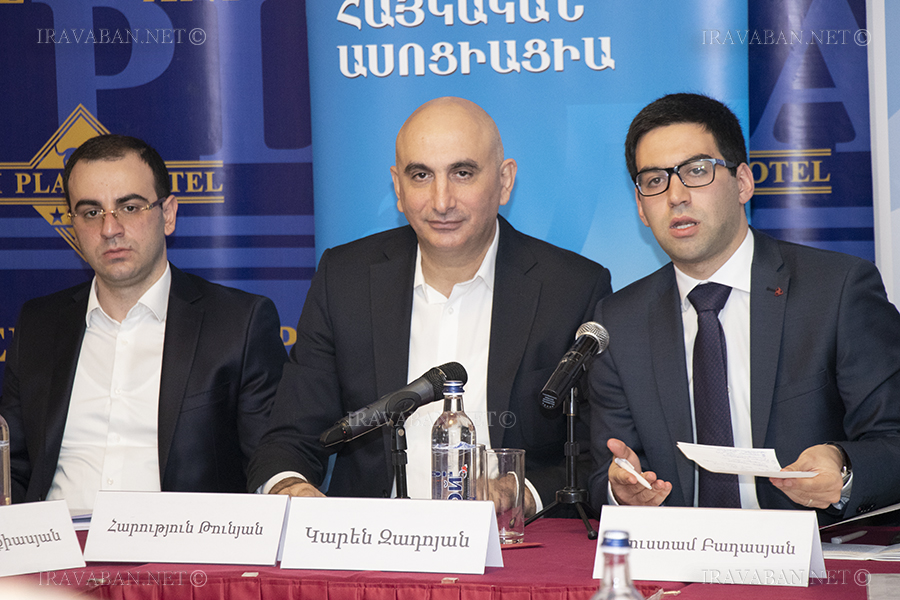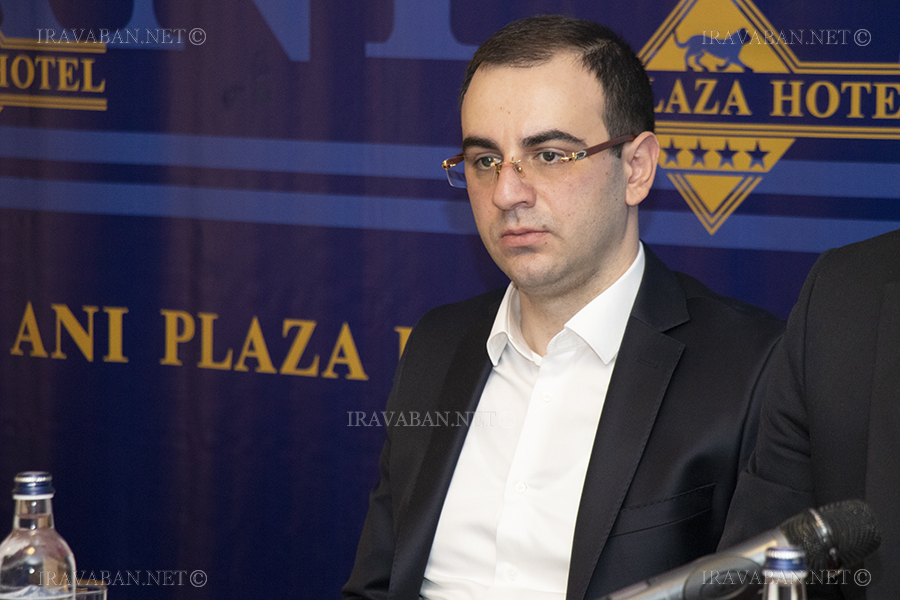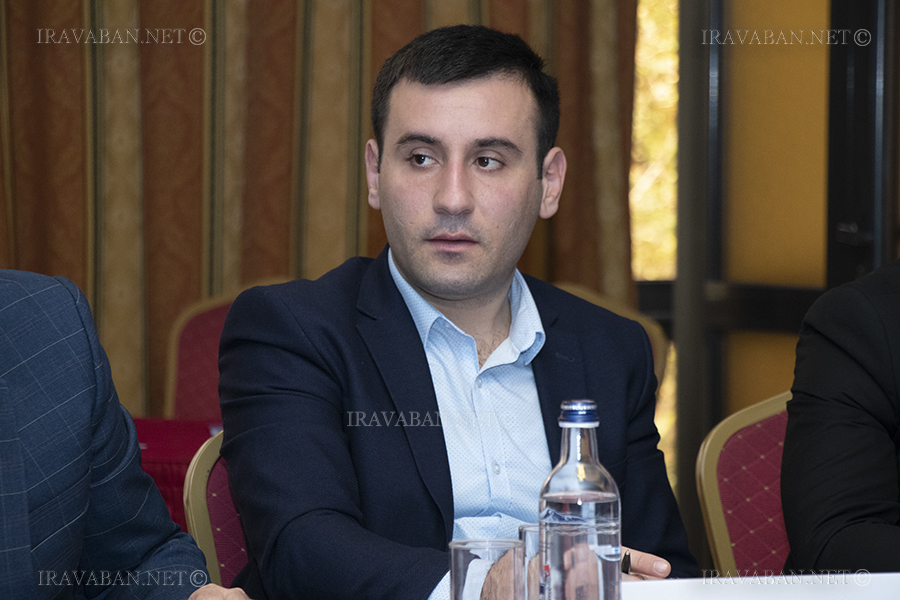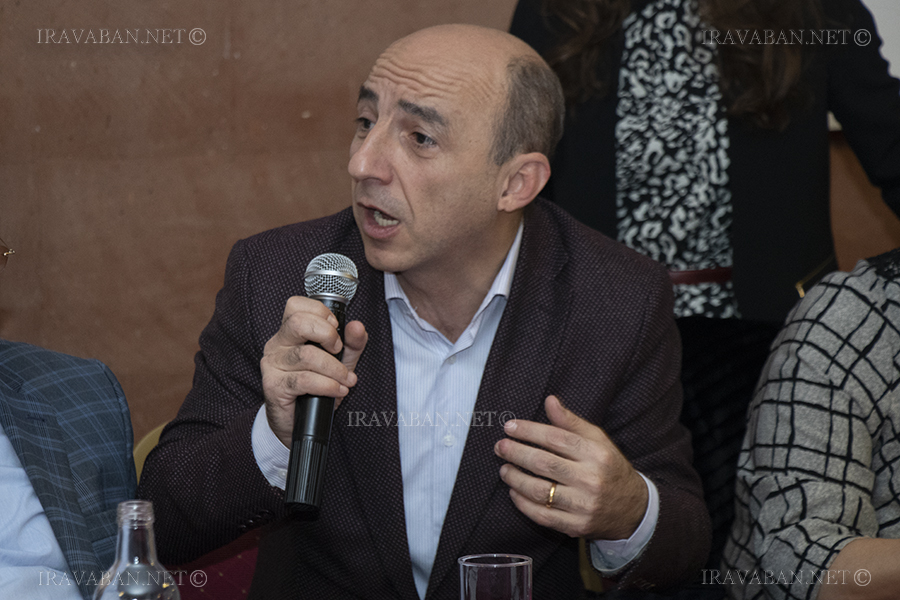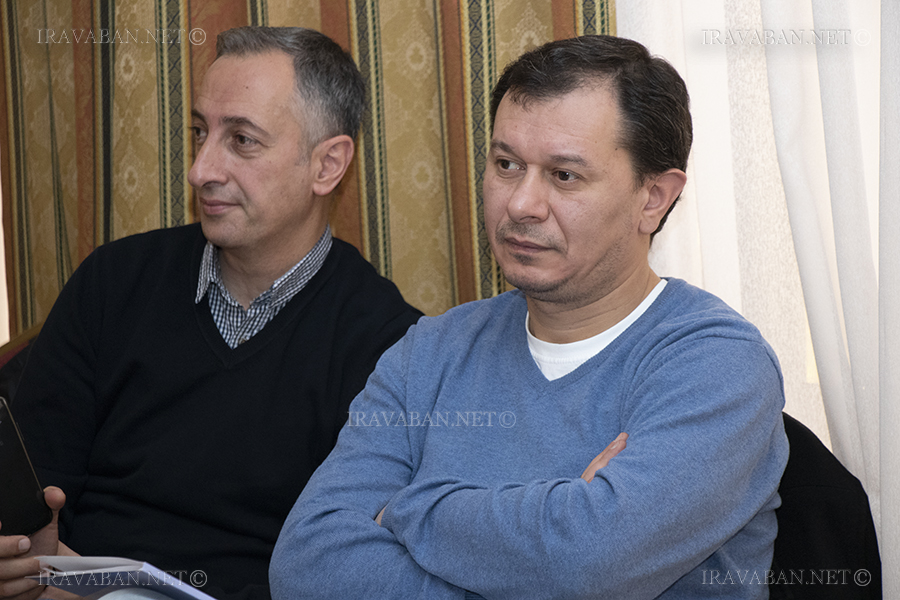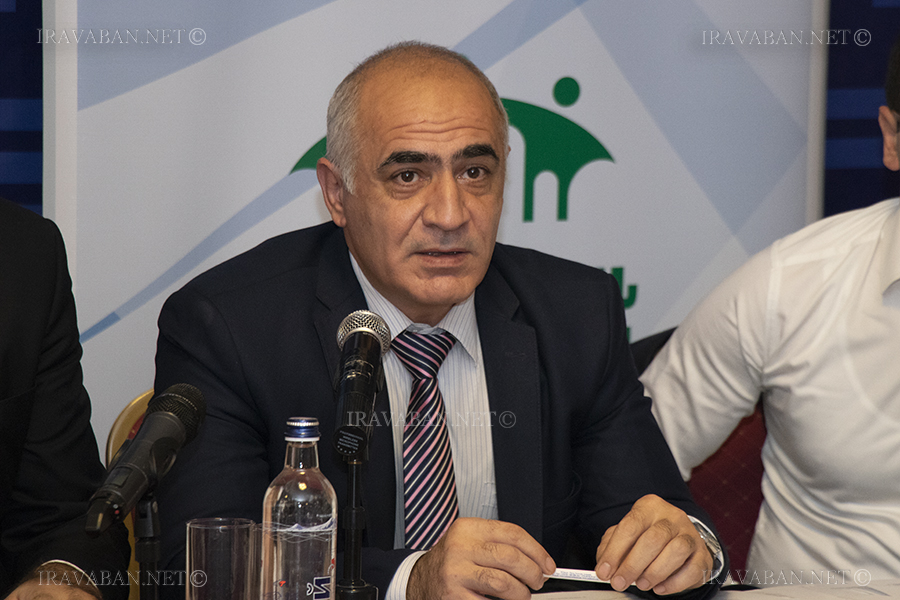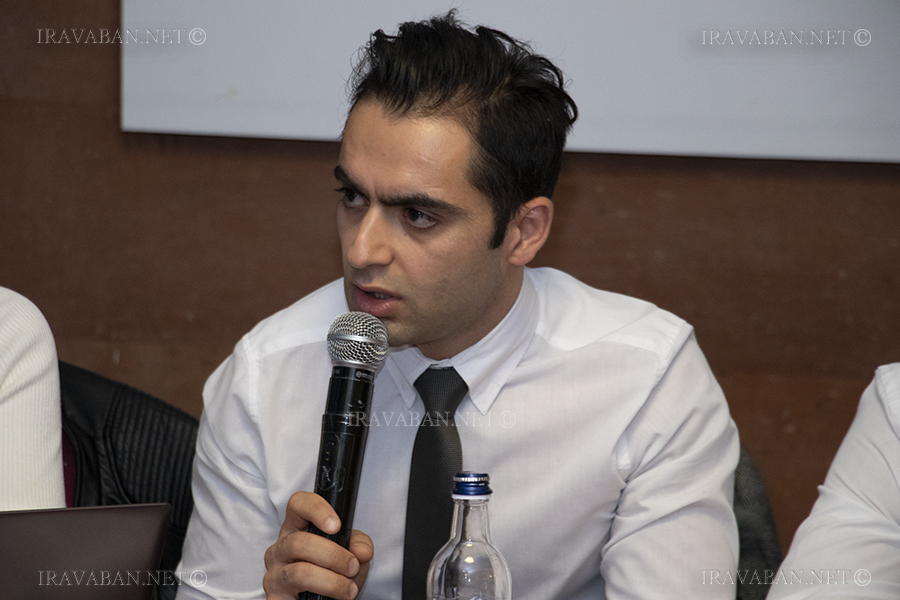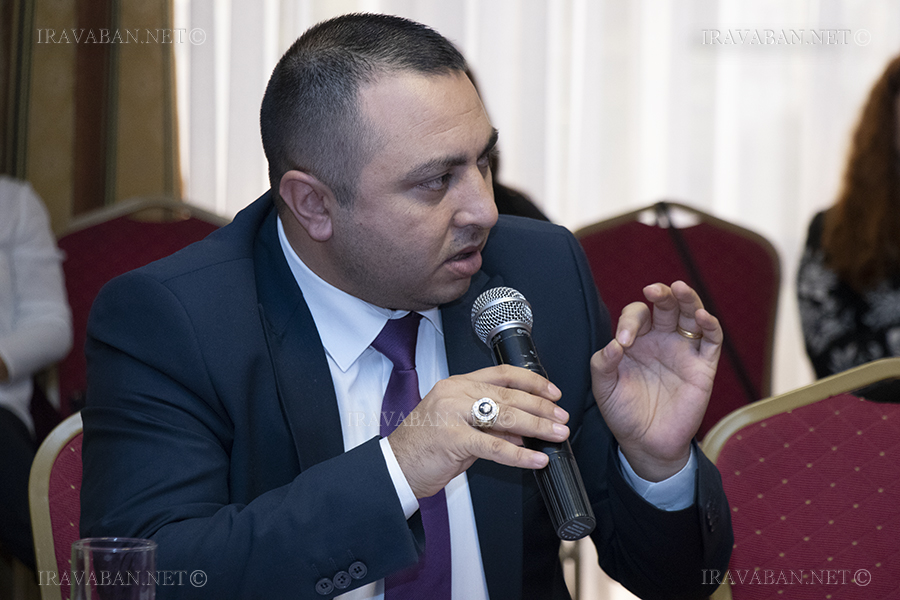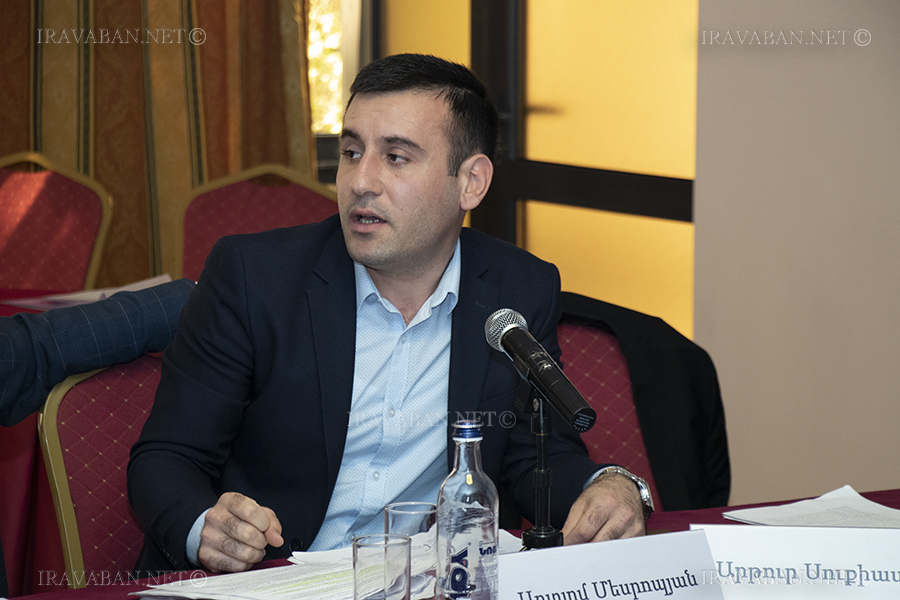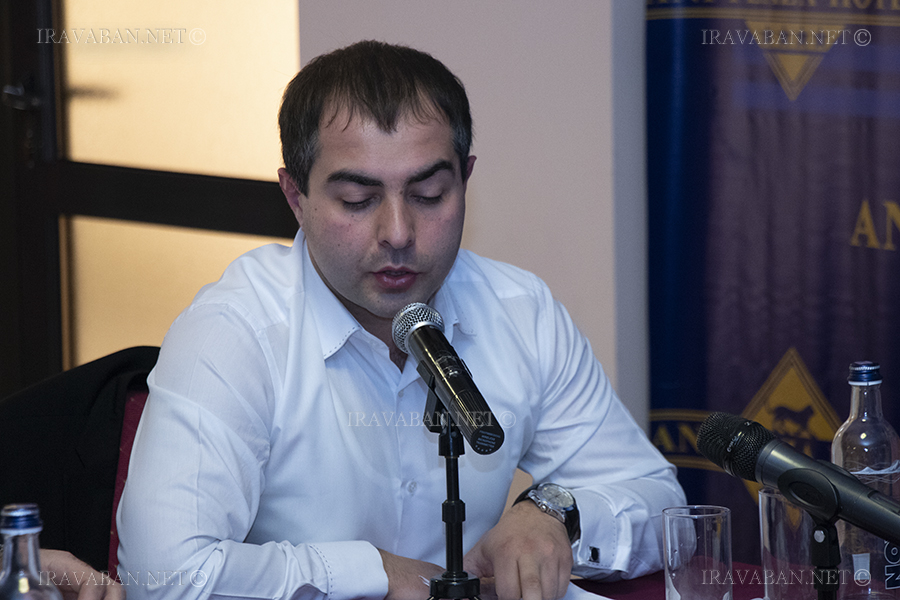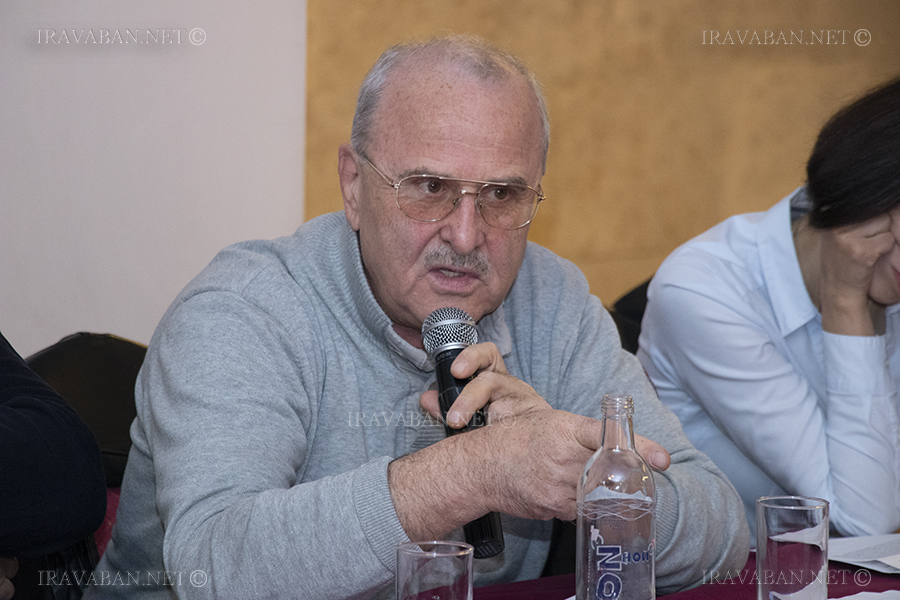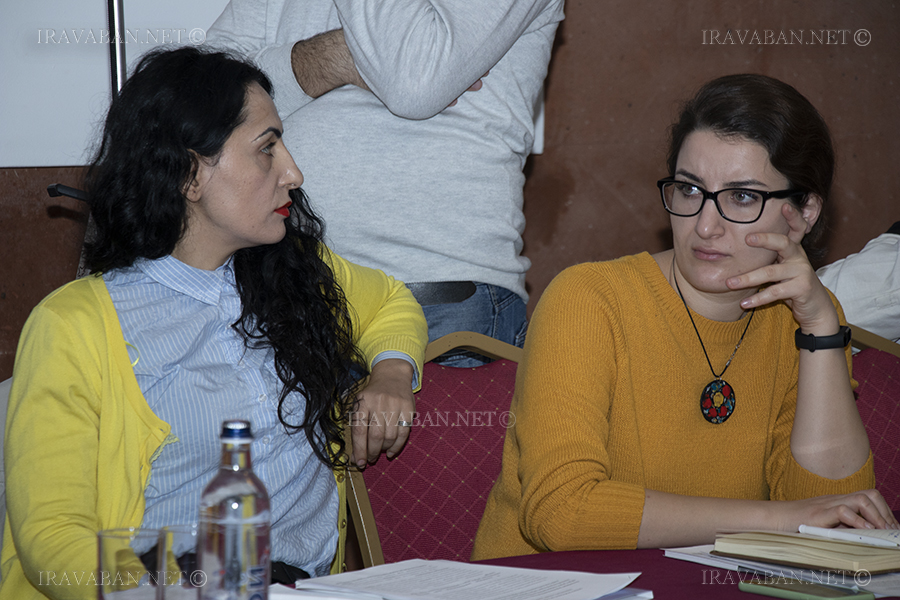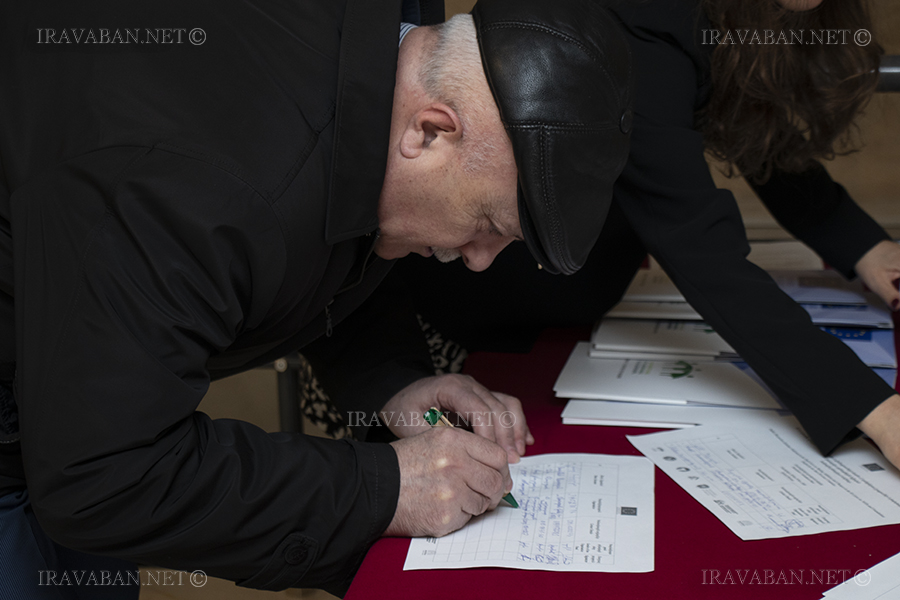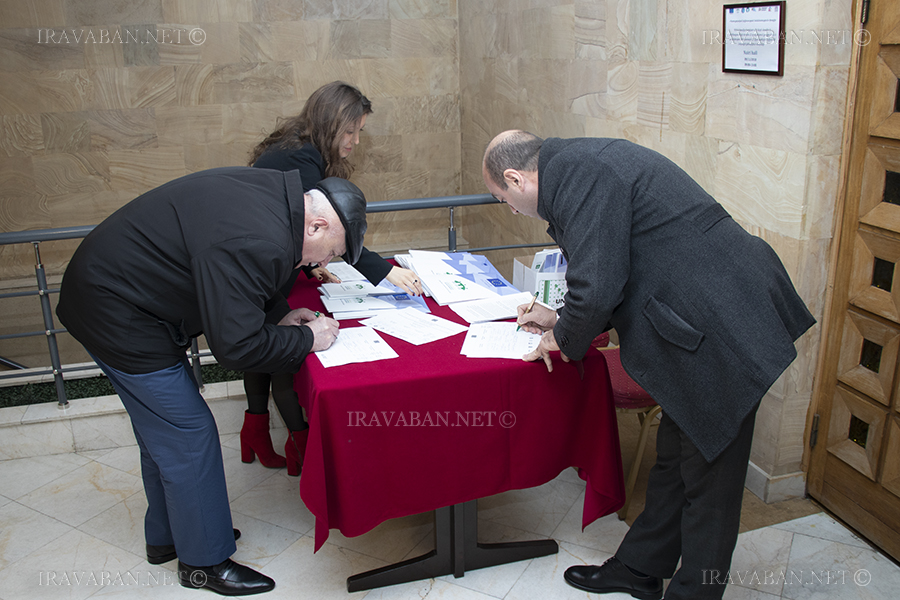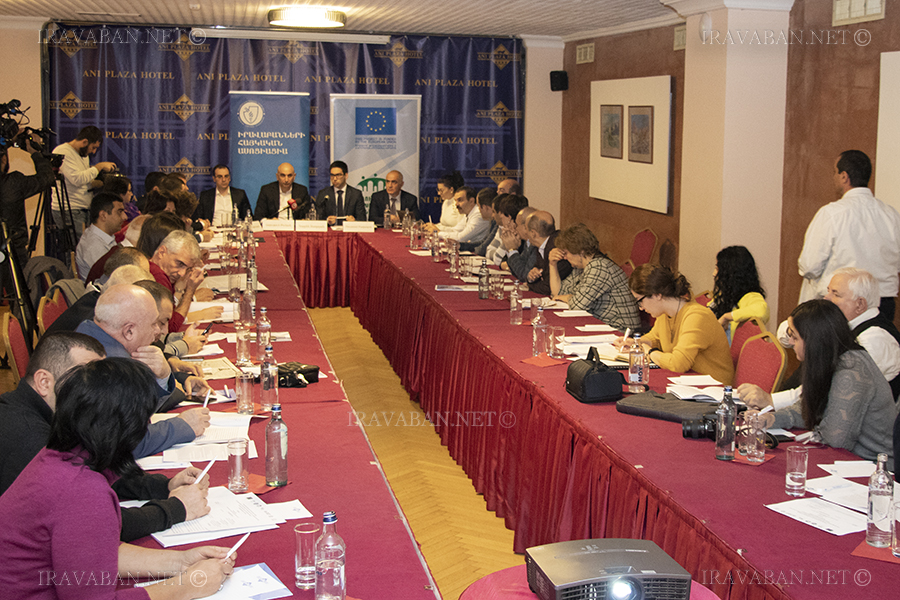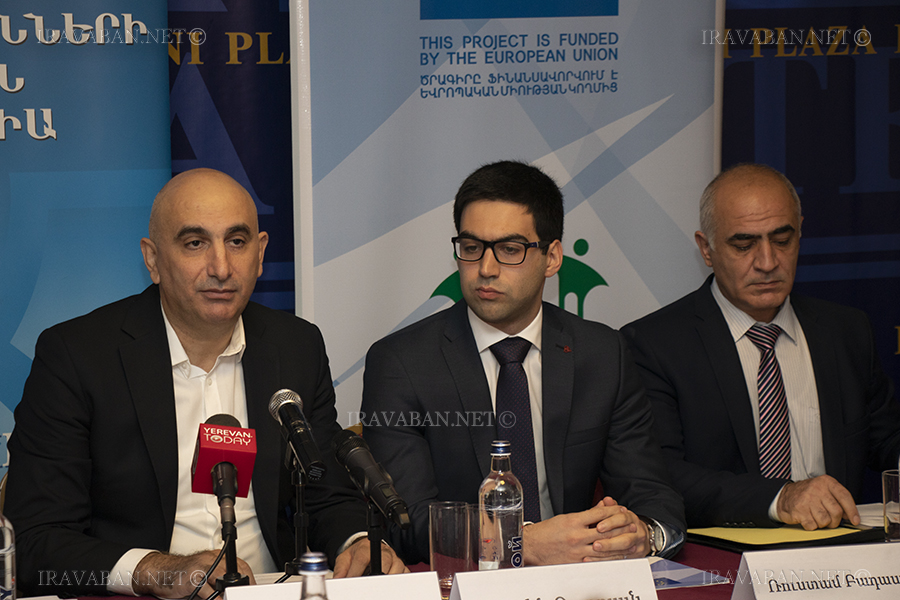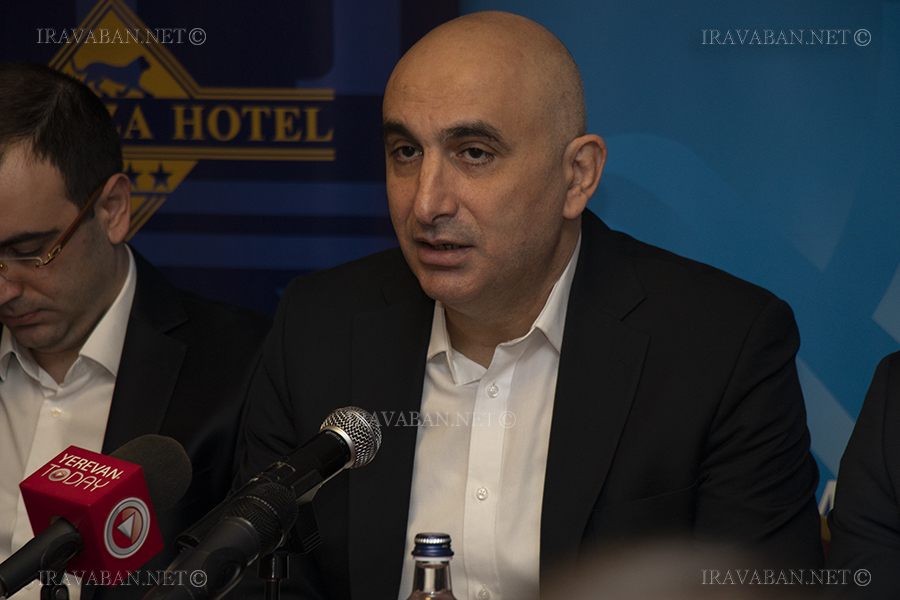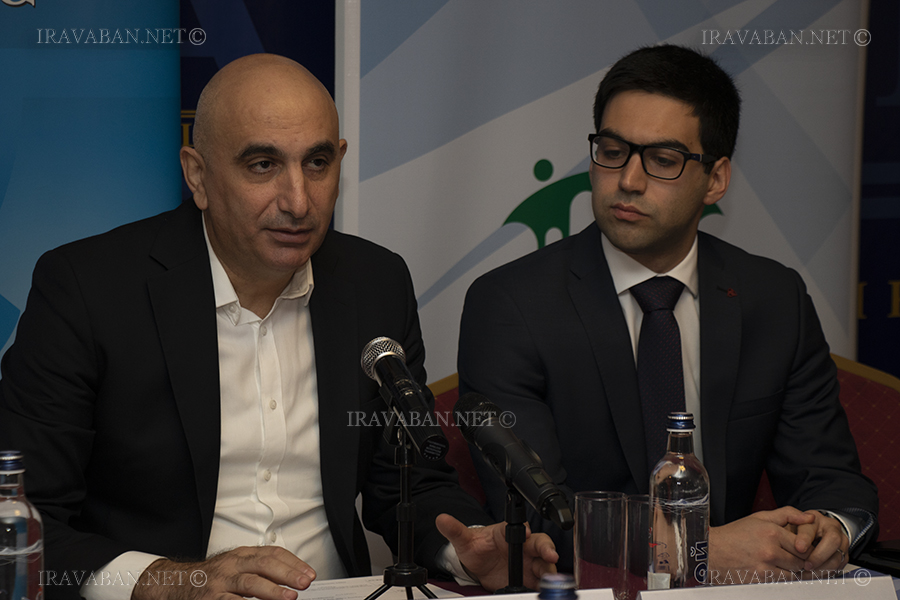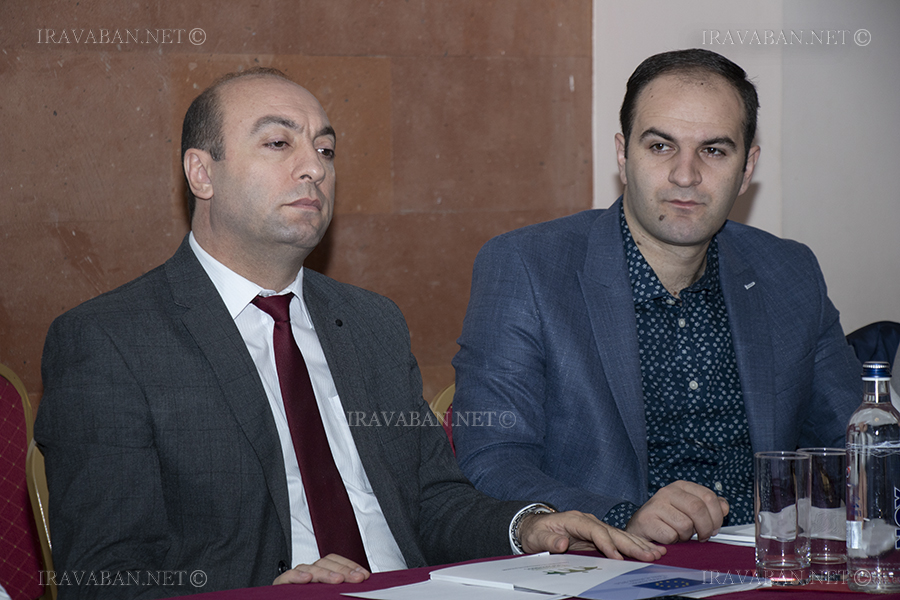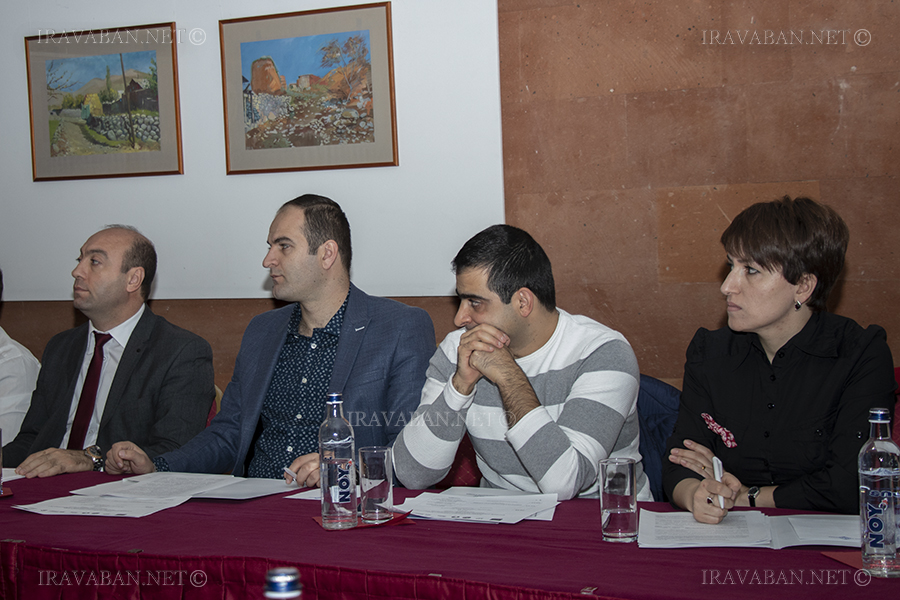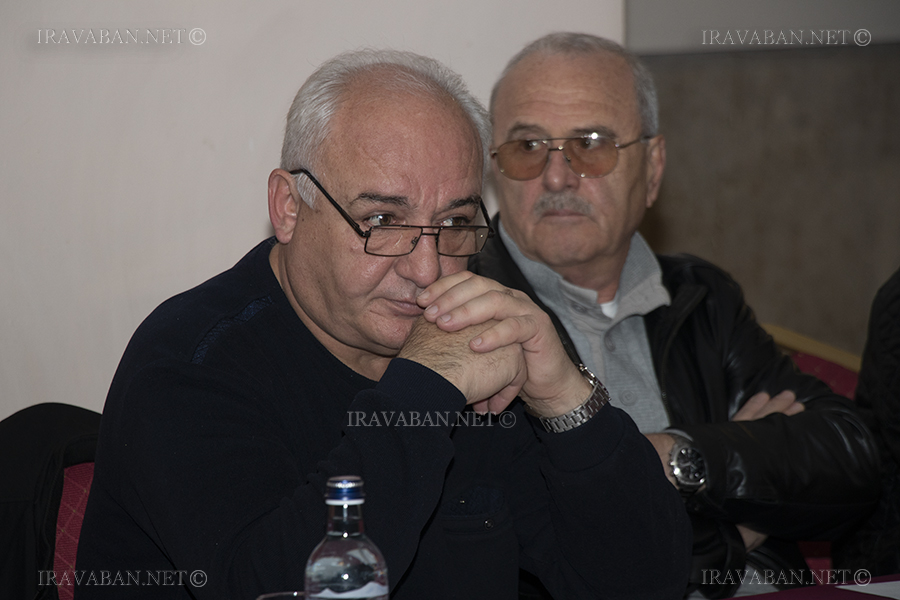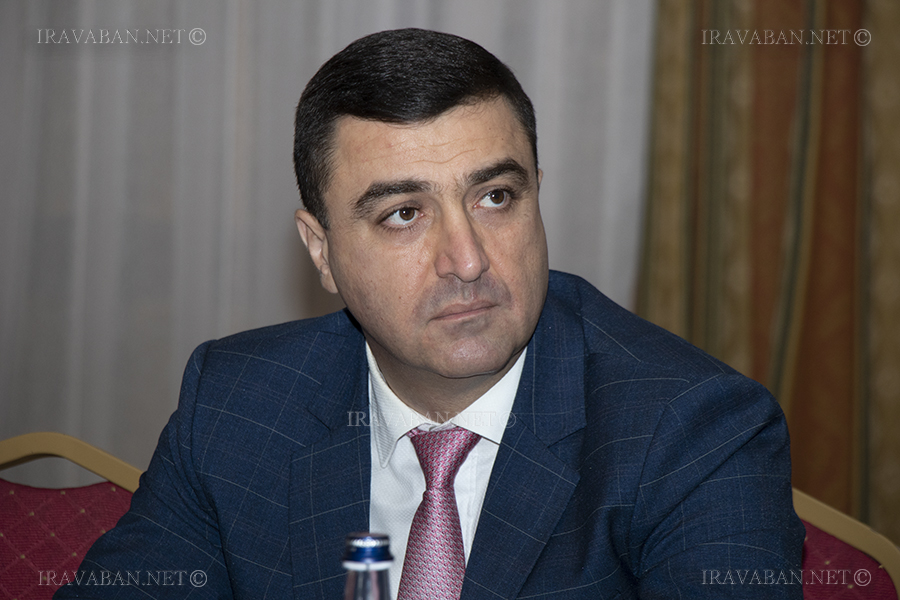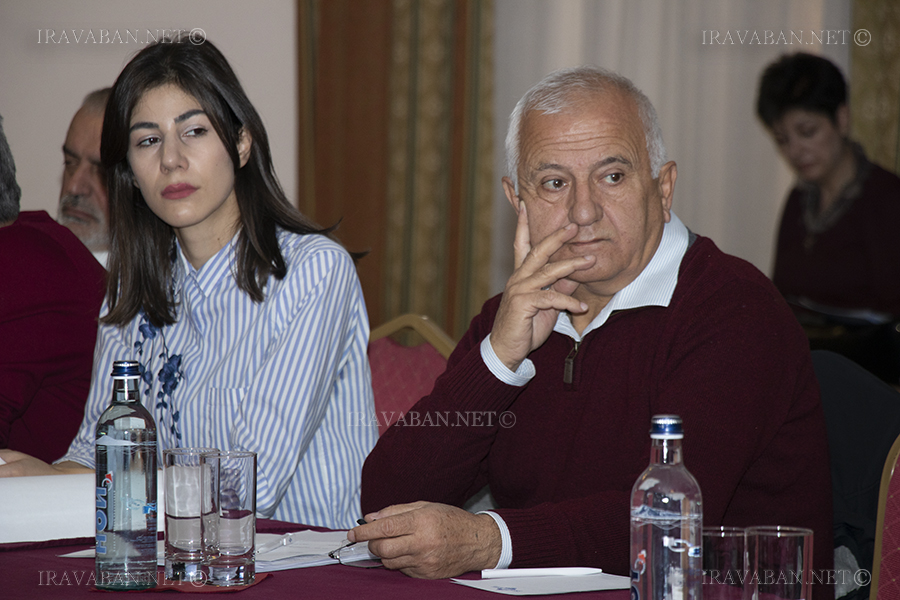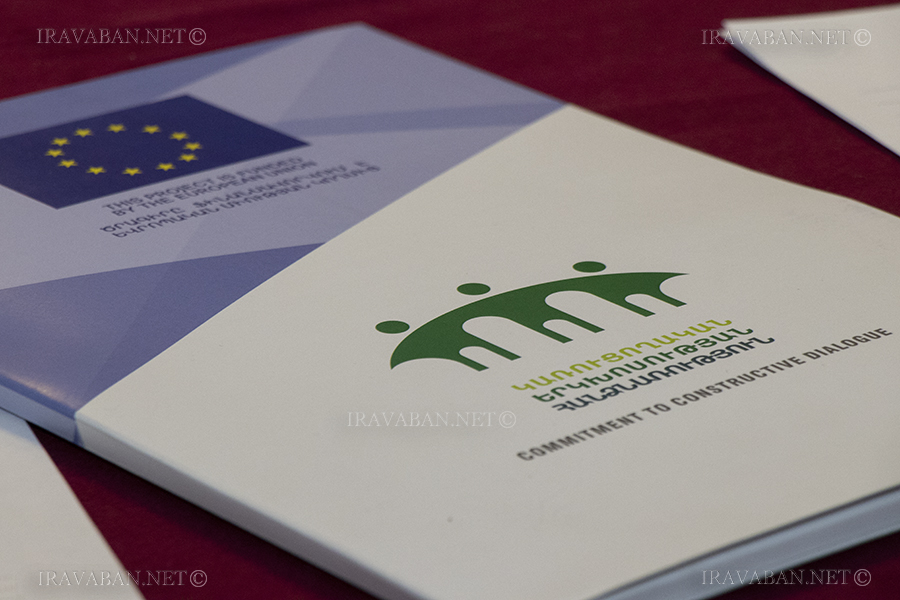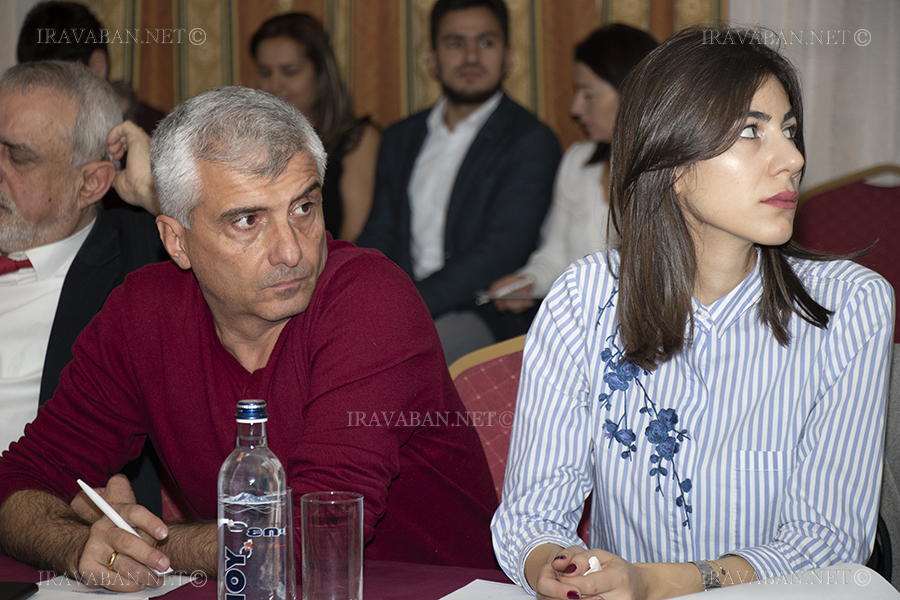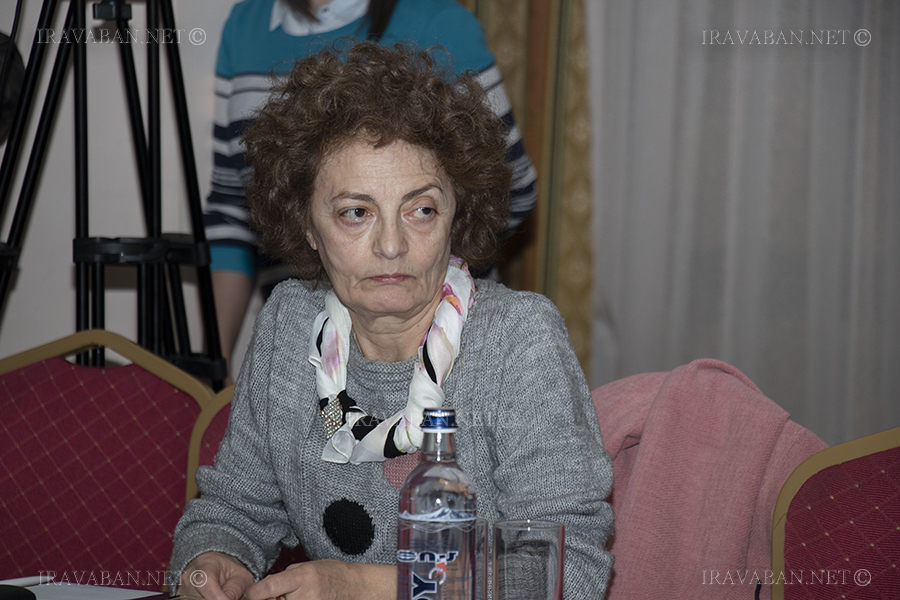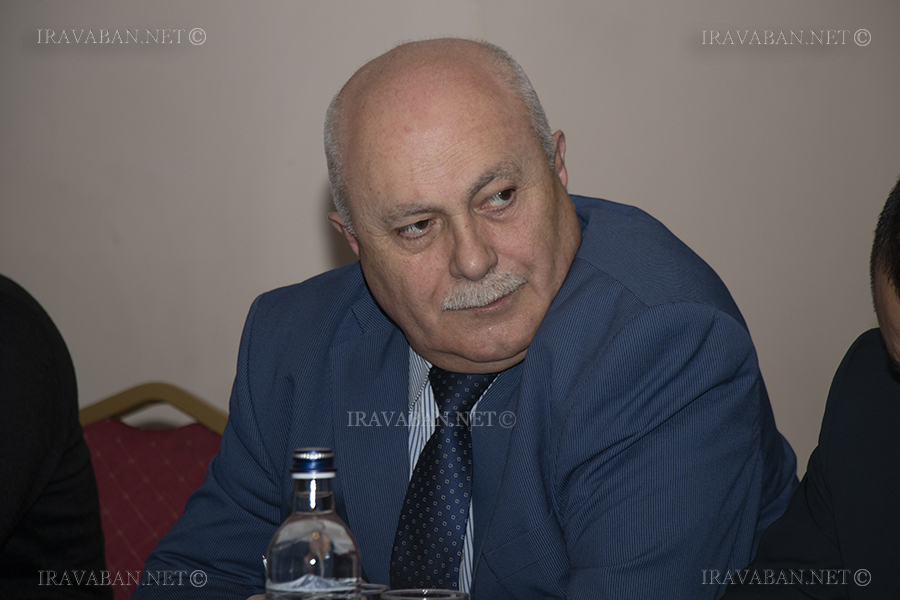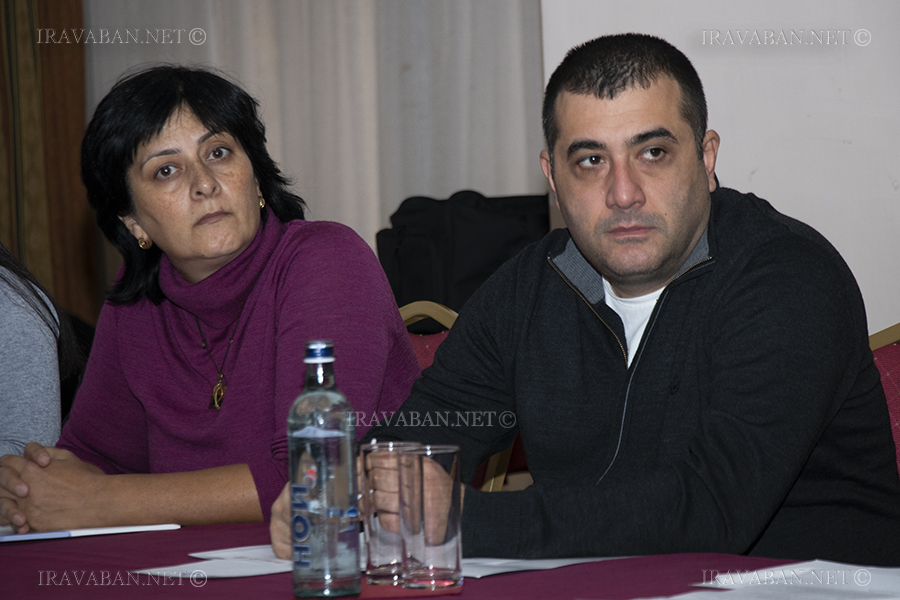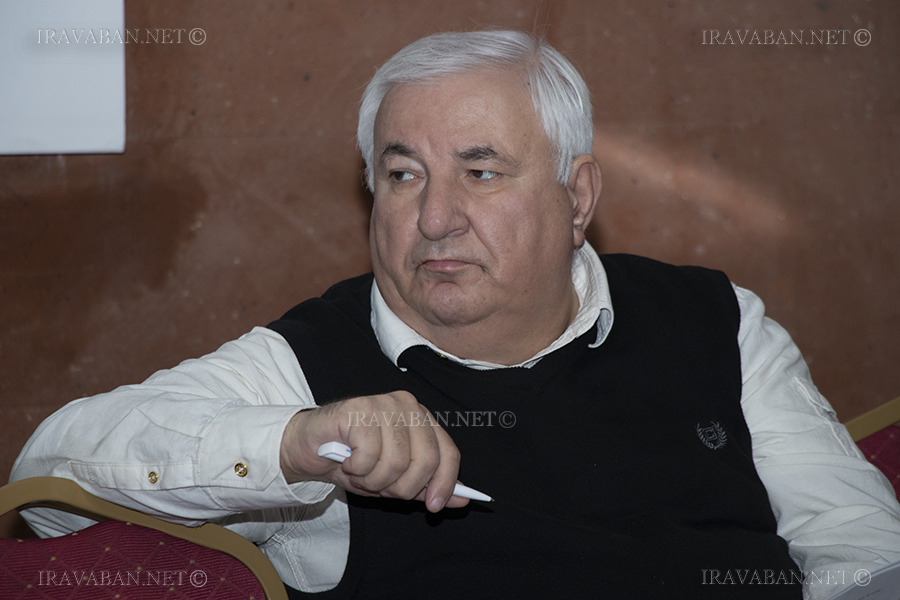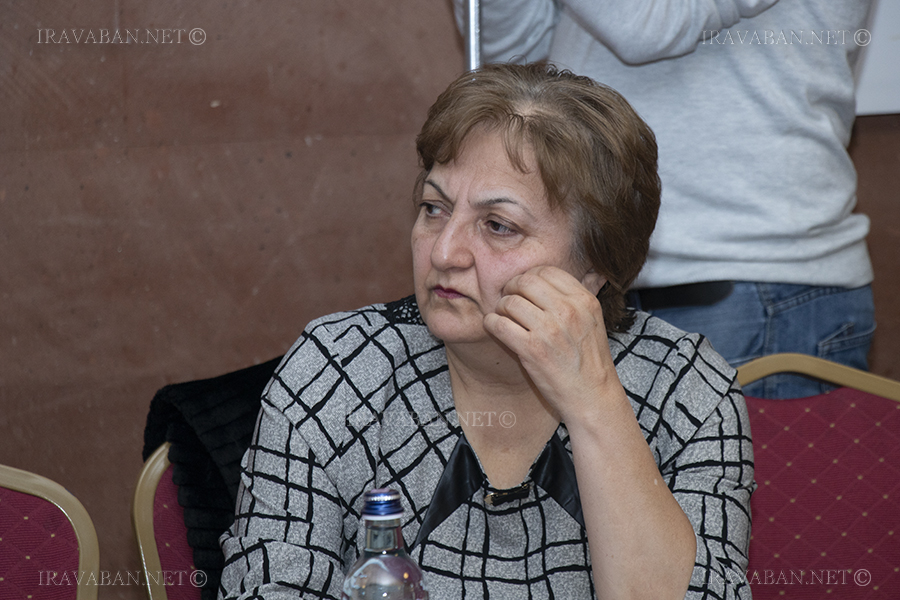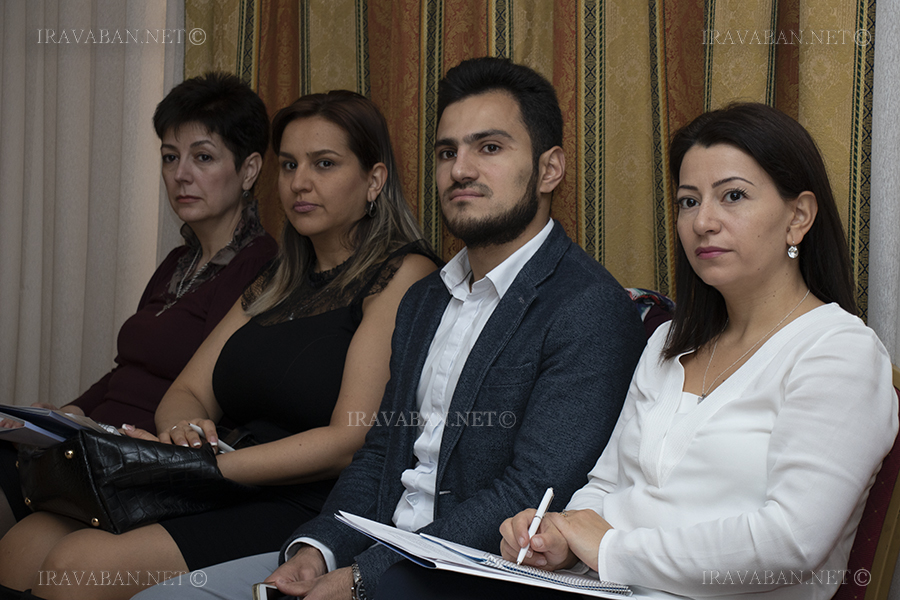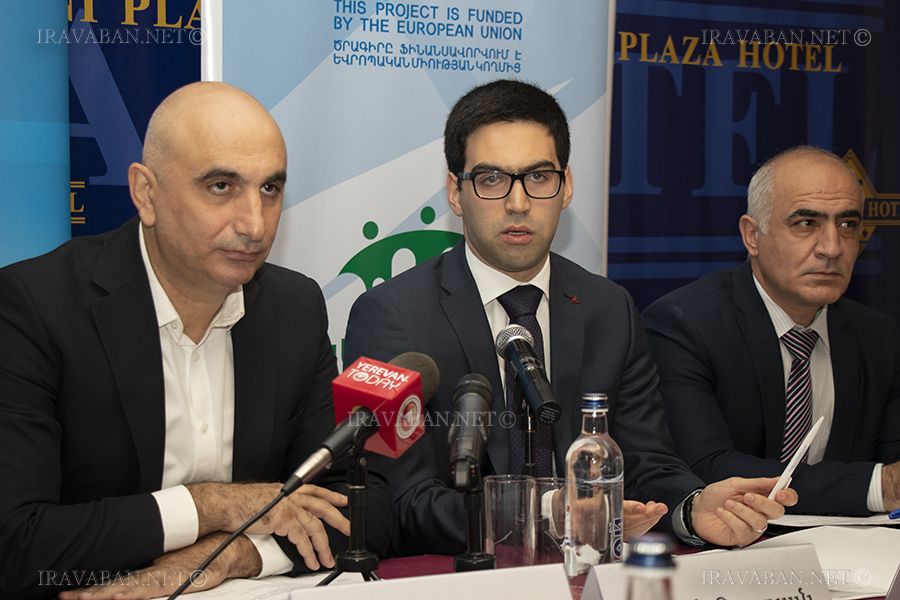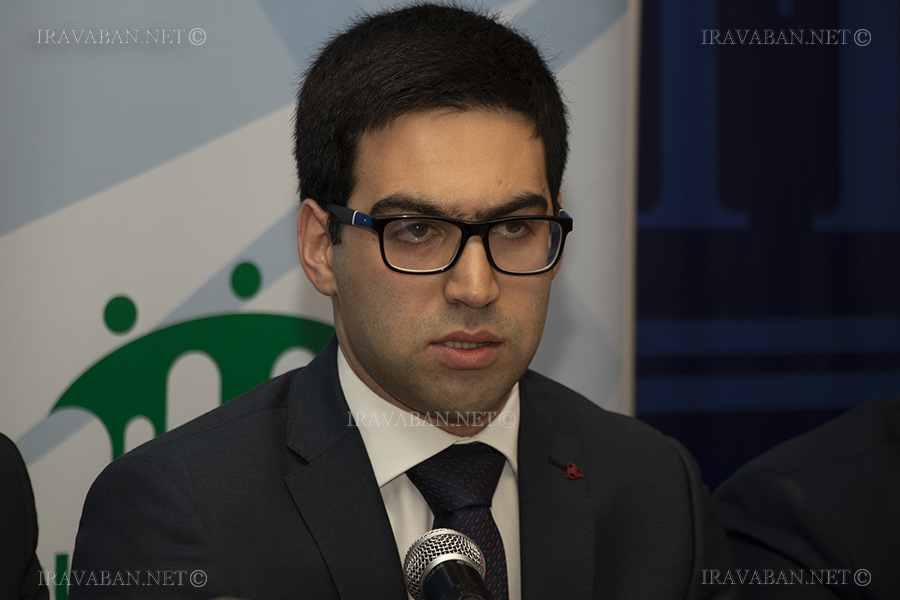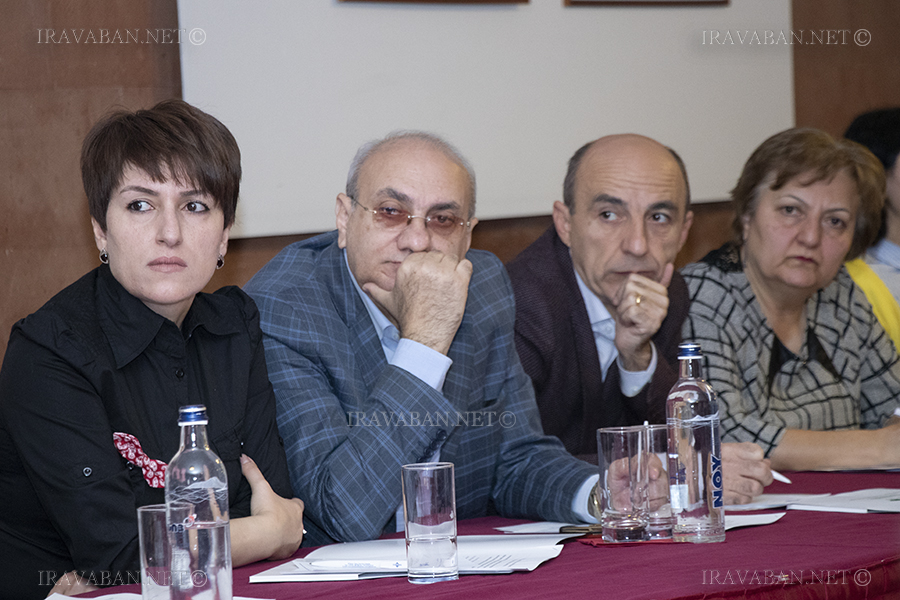On 9 November, the Public Discussion-Seminar on the Draft Laws on Making Additions and Changes in the RA Laws on NGOs and Foundations drafted by the State Revenue Committee and the issues arising from them was organised in the scope of the EU funded “Commitment to Constructive Dialogue” Project
These amendments mainly refer to the elimination of misinterpretations in the use of public resources, as well as, to the additional increase of public accountability of NGOs and foundations.
Mr. Karen Zadoyan, “Commitment to Constructive Dialogue” Project Manager, President of the Armenian Lawyers’ Association, in his welcome speech noted that the project is aimed at promoting constructive and sustainable dialogue with civil society organisations (CSOs) with the Government and local self-government bodies in discussing such cases.
According to him, CSOs today have faced a problem that issues from the two drafts submitted by the SRC: “The Law on NGOs has been adopted after active stage-by-stage roundtable discussions as a result of the consensus between the Government and CSO. Currently, new drafts that are not in-line with the results from the obtained consensus have been presented; moreover, they have not even been discussed with NGOs and foundations,” Karen Zadoyan noted.
He also noted that NGOs and foundations should be clearly separated and there is no need to consider these two structures on the same plane and present similar drafts.
Mr. Rustam Badasyan, Deputy Chairman of the State Revenue Committee adjacent to the RA Government, said that nothing hinders the SRC-CSO cooperation. “We continue to explore and we know that there are many experienced representatives among you, who can study and present a good international experience that we will use. We have chosen to go through the changes, but we have no rooted position, we will not be hasty about the fact that the draft should be submitted to the government as soon as possible and sent to the National Assembly,” he said.
He also mentioned that these changes should not be connected with tax inspections and, and there will be opportunities for joint work, and the drafts will be discussed.
About 60 representatives of the SRC and non-governmental organisations attended the event.
They raised issues related to the topic. There was a question about whether the tax body should undertake the whole burden of studying the accountability of NGOs and foundations, and wouldn’t it be more expedient to return the function of such oversight to the Ministry of Justice? There was also an argument that might be cases when two organisations could apply to one donor for a grant but one of them would be refused, and also in case where the NGO should report and indicate its source of funding as well, there could be a problem related to the publishing of the donor’s name.
At the end of the meeting it was decided to develop bilateral acceptable drafts as a result of consultations in the format of constructive discussions and workshops of the SRC-CSOs.

